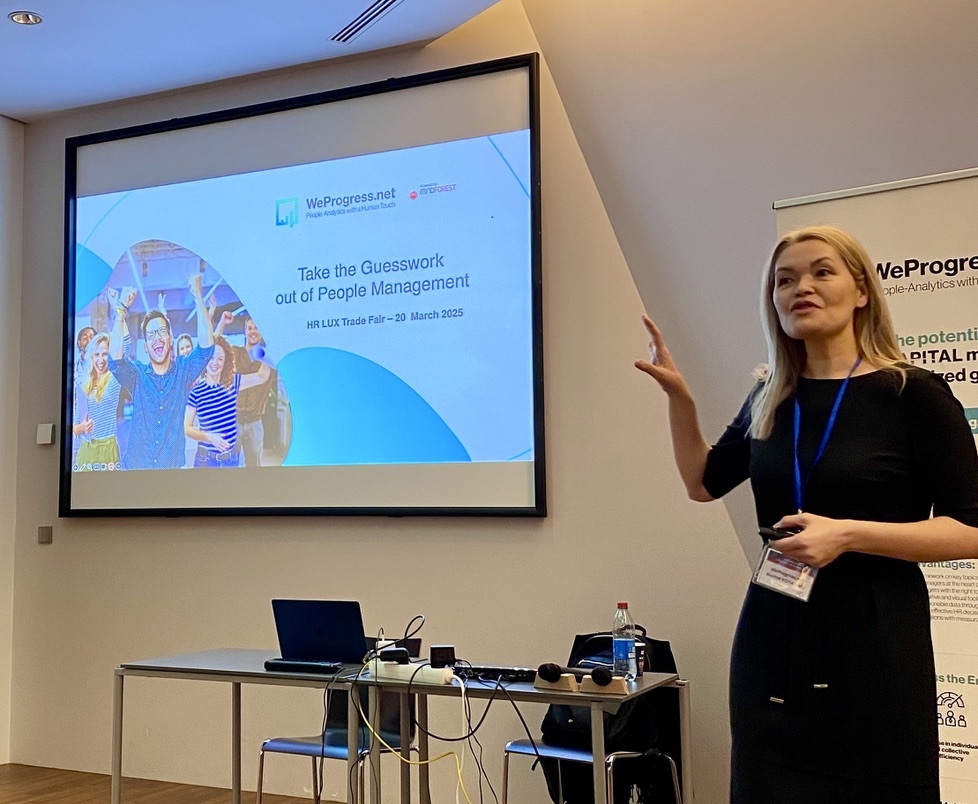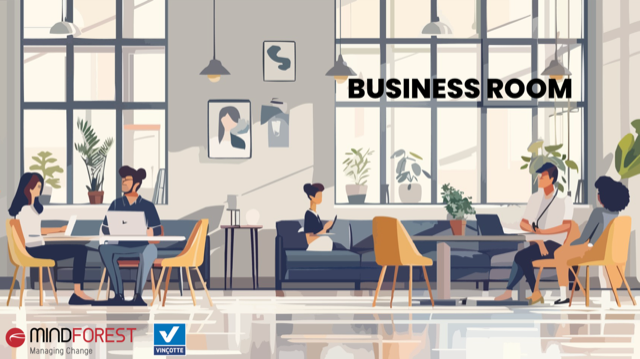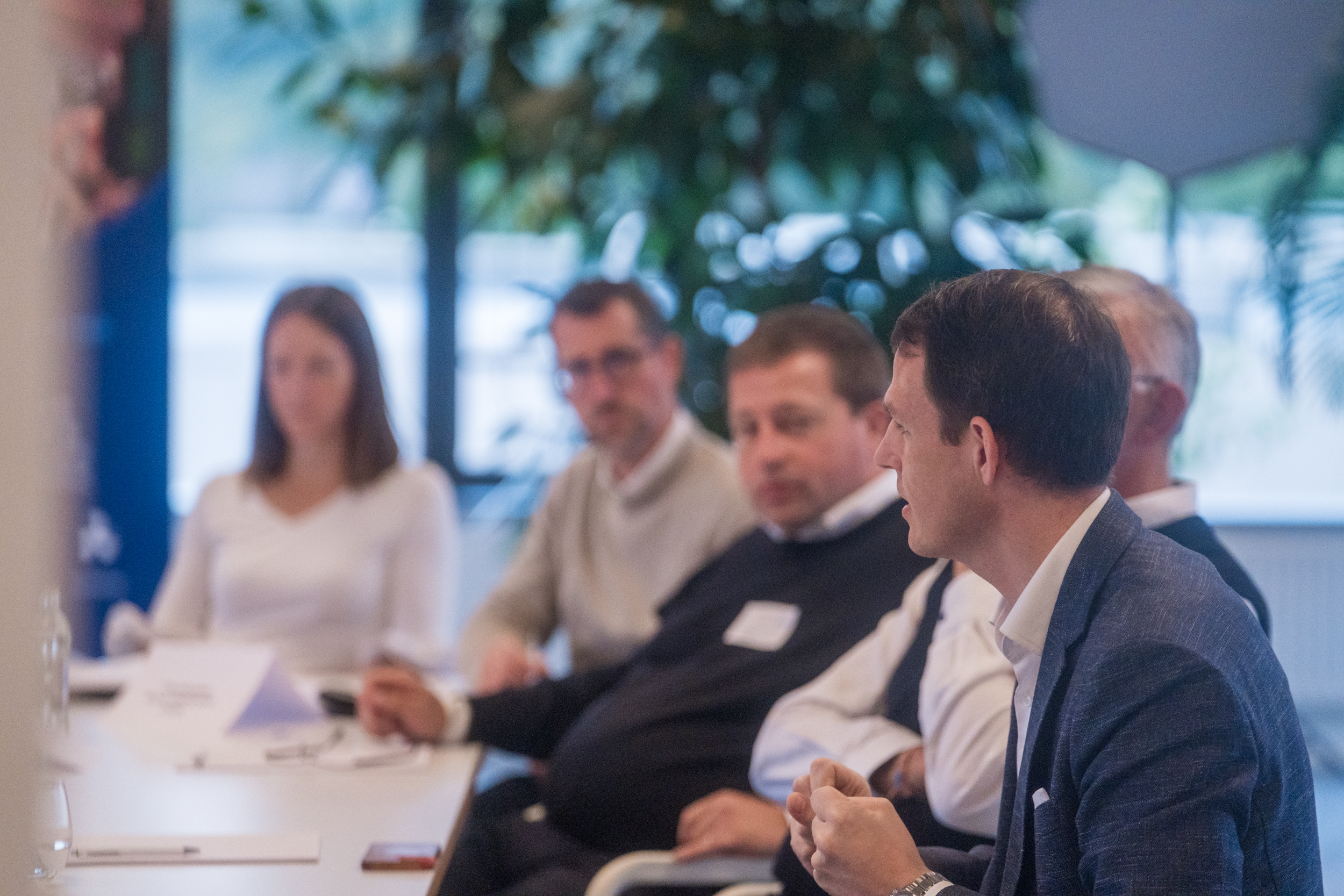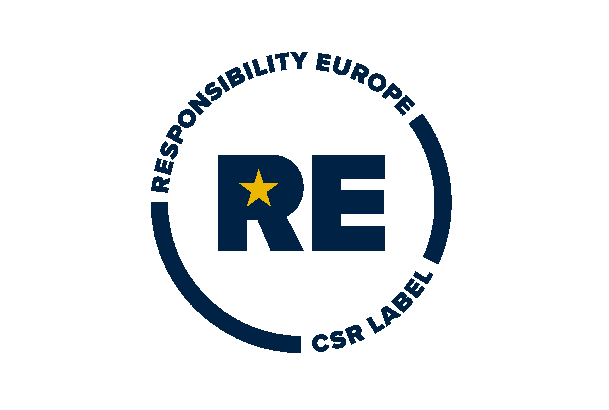Interview with Dr Keith Amoss, a Professional Career Coach
MindForest recently interviewed Dr Keith Amoss, Professional Certified Coach (PCC) of the International Coach Federation (ICF). Also a Board Member of ICF Luxembourg and a Fellow of the Chartered Institute of Personnel and Development (FCIPD) in the UK. With him, we discussed the importance of career development opportunities, how this has changed over the years and the pandemic and some essential tips for successful career development.
Please introduce yourself briefly
As a Londoner, born and bred, my career took me from the UK Civil Service and Whitehall to working for the North Atlantic Treaty Organization in various parts of Europe, mainly in Human Resources and Talent Management. I settled in Luxembourg, obtained the nationality and am really enjoying working here in the Grand Duchy as a career coach, mentor and trainer.
Why are career development opportunities important? Is there a difference from an individual and employer perspective?
I once heard it said that a job is what you are paid for – but a career is what you are made for. That’s so true.
Finding an opportunity to work on something which gives you fulfillment as well as enough money to live on is a natural desire. The ideal situation is to develop a career which truly meets your values and reflects who you really are. It’s tempting simply to follow the money; however, even if the pay is great, waking up each morning and dreading the thought of going to work is a miserable existence.
From an employer’s perspective, most simply expect a fair day’s work to be done by their employees in return for a fair day’s pay. Some are, sadly, out to squeeze their employees. But the most enlightened employers recognize that happy and motivated employees, whose interests are truly seen and met, will really allow the organization to thrive. In that light, they offer staff development opportunities and realize the value in employee coaching and training.
How has career development evolved over the past years?
We can now expect to have more than one type of work during a career. Career paths are a series of unavoidable twists and turns now more than ever. The days of joining a company after college and staying until retirement are pretty much over. Knowing what to do when there is a sudden life changing event can be a real worry such as when unexpectedly made redundant. Similarly, we can all have that mid-life crisis at almost any age when we ask ourselves: is this what I really want to do with my life? A parent returning to work after undertaking child care or people who have relocated here following their partner’s career move to Luxembourg, can also question what they should be doing. Often that requires a fresh look at a person’s wider career possibilities through a re-appraisal of their personal values, experiences, qualifications, skills, personality and competencies.
In short, it’s necessary to know yourself, know what you want and know how to get there.
Will the pandemic have a more major impact than for example digitalization, etc.?
Who really knows? Many thought Covid-19 would be a short-term event, but it now seems we will all have to live with it and its consequences – maybe forever. A flexible office and home-based work environment is here to stay, I think. Yet the world still turns, and Artificial Intelligence, Blockchain, climate change, migration, politics and so on are all changing the way we live and work in a major way. New areas of work are unfolding before our eyes and some functions now done by humans will be done by robots very soon.
What are the do’s and don’ts in career development?
From the many people I have had the pleasure to work with, it is clear that an overriding issue has been that they went into a type of work because others thought they should do so. As a result they are unhappy. Whether their advisers were family, friends, teachers or whoever they no doubt meant well. But, unfortunately, whoever gives you such advice is not you. So here is the “do:” Do what YOU really want to do.
As to “do not,” I would say that offering a poor CV or failing to keep your Linked-in profile up to date are bad practices.
Don’t be happy with what you know – stay curious and open to developments in your professional field. Avoiding networking is also a way to fail. So much of what happens in the field of employment rests on who you know as well as on what you know.
Can you name 2 or 3 essential factors to take into account or to absolutely avoid?
It really is important to know your personal values – such as fairness, honesty or integrity -since I guarantee you will not enjoy working somewhere which runs contrary to what you deeply believe is important.
You should also understand your personality traits – an extrovert is unlikely to be happy working independently without much social interaction, for example.
Something to avoid? Resigning in a fit of anger without a plan of action. Conflicts and frustrations are common in all organisations and often there is a better way to resolve them, for example by getting support and facing an issue head-on. Of course you must not sit there if your mental health is suffering and there are no options. But if at all possible then resigning should be a last resort – to be taken only when another career opportunity is firmly in place.
Can you say what gives you most job satisfaction?
No names of course and I will keep it vague – but let me just say that seeing some clients go from un-employed and deeply miserable to truly happy in a new venture is definitely the best reward.
Let us help you
Would you like to increase your strategy career development in your firm?
Photo by LinkedIn Sales Solutions on Unsplash
WANT TO RECEIVE OUR LATEST THOUGHT LEADERSHIP CONTENT?
Related posts
 Take the Guesswork out of People Management
Take the Guesswork out of People Management
 From processes to people: achieving quality
From processes to people: achieving quality
 Daring to lead Positive Transformation: What if Positive Emotional Capital was your key to sustainable change?
Daring to lead Positive Transformation: What if Positive Emotional Capital was your key to sustainable change?
 Why hire Change management professionals? We can do it alone!
Why hire Change management professionals? We can do it alone!
 Digital Transformation and Change Management: Lessons shared in an event hosted by Cebi and MindForest
Digital Transformation and Change Management: Lessons shared in an event hosted by Cebi and MindForest



